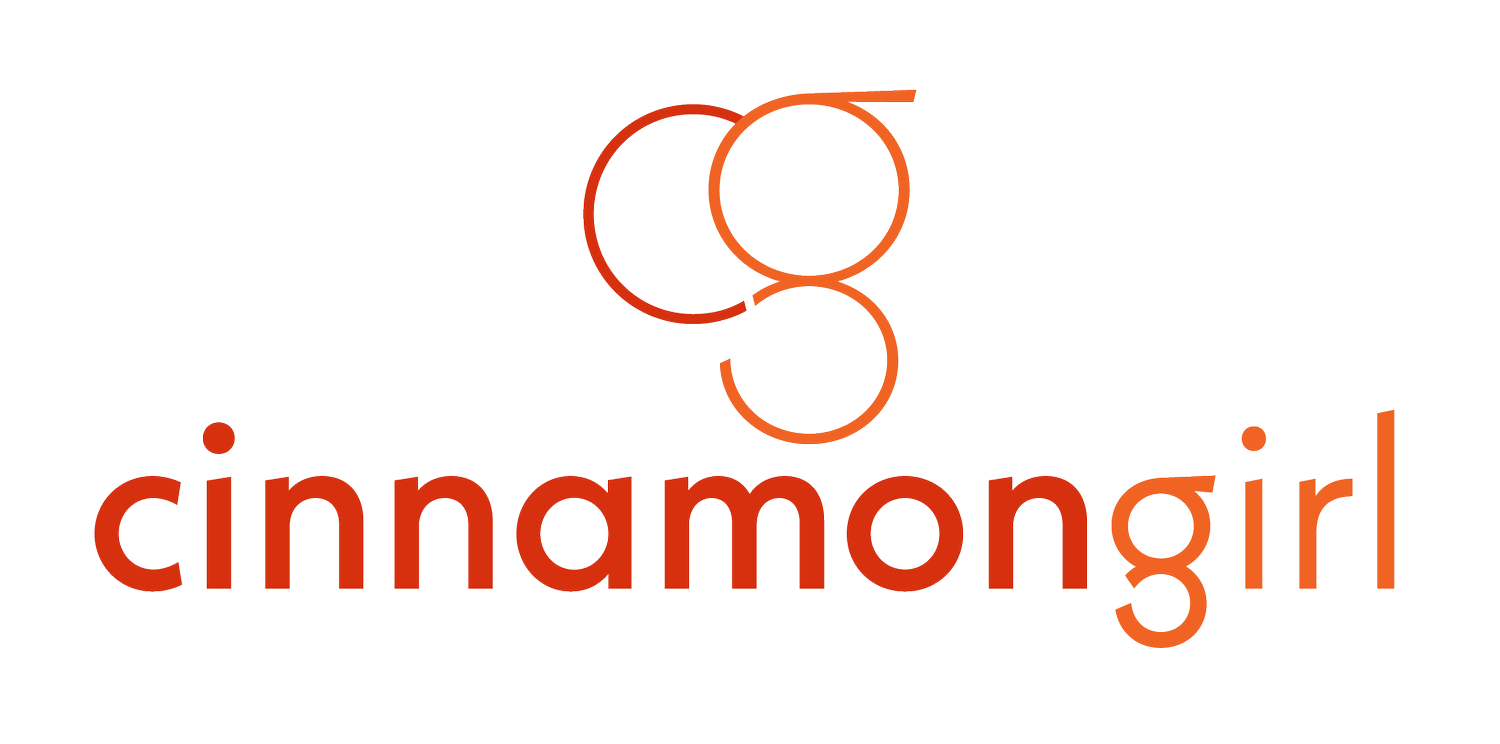“It Would Have Been Helpful to Have Someone That Looked Like Me.”
Why “High Achieving” Girls of Color Still Need Support
Born and raised into a working-class Mexican immigrant community, Jenny* won a scholarship to a prestigious Catholic high school, went to college, and is now an accomplished executive assistant earning a great salary at a top private equity firm in San Francisco. She is living proof that a bright, talented young woman of color can succeed on her own, through hard work and ambition.
And she wants you to know that young women like her shouldn’t have to do it on their own. In fact, support organizations like Cinnamongirl are crucial to the success of young women of color, and to diversity and equity across professional, social, and economic lines.
*last name redacted to protect the privacy of her company.
Because of her background, Jenny felt isolated and out of place among the many wealthy white students at her high school. She didn’t have anyone to help her navigate the college application process or to give her career advice. “It would have been helpful to have someone that looked like me” as a mentor to help her realize just how high she could aim, she says. “Everyone I knew growing up was a maid or a janitor. There wasn’t this aspiration to go to college.”
By contrast, Jenny’s best friend in high school moved through the world with a confidence and purpose that Jenny wished she had—confidence and purpose that Jenny ascribes in part to Wendy’s involvement with Cinnamongirl. Cinnamongirl helped Wendy hone her public speaking skills, get mentorship, find sisterhood, and learn to lead. She had the support of her core friend group and her mentors—all girls and women of color who understood, pushed, and inspired her. And Wendy, in turn, understood, pushed, and inspired Jenny.
The further professional women of color advance, the whiter the workplace becomes, and the more stress, isolation, and skepticism they experience; Jenny still feels that she can’t show her true self at work for fear of being stereotyped or seen as a token. Although many of the white men who run her company grew up poor themselves, and have had hours and hours of diversity training, Jenny notes that “they still don’t recognize the disadvantages [faced by women of color]. They aren’t able to see the racism in the system.”
Women of color face resistance at all levels, and if we want real change, we must support girls and women of color at all levels. Whether so-called “high achieving” girls of color start off with a level of privilege or not, Jenny says, they still need help from organizations like Cinnamongirl to gain the confidence, develop the skills, and build the support networks that will help them rise to positions of power where they can make the change we need.


